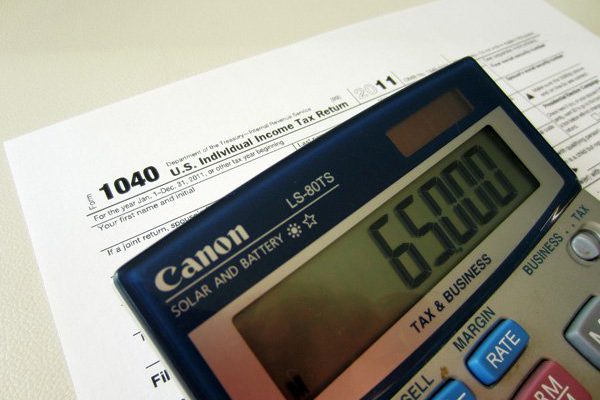
Do you want to eliminate taxes or invest in real estate?
(I am not a CPA and I am not giving tax advice. You should consult with your CPA AND loan originator before making any tax planning decisions)
Does it really have to be a choice? We have all been taught to do the best we can to eliminate our tax burden. The question that we don’t think about is if that is the best option to obtain my overall financial goals? The answer may sound simple, but it is really a much more complicated subject. The truth is, of course you want to limit your tax expense and you can always find ways to invest in real estate without documenting income. However; the reality is, you will severely limit your options and more than likely lower your income potential. You might find that your net income for a year is much higher when you actually choose to pay more in taxes.
Think of it like this. Let’s say you start a homemade pie business with apple being your specialty and most profitable. Making apple pies is a lot of work (like real estate investing) and you have limited amount of time to get it done (much like getting older and trying to retire). You head to the orchard to start picking apples, knowing you need to move fast. To make the best pie and ultimately make the most money, you need the best apples. It is easy at first because there are a lot of apples to choose from. You make great pies and make a lot of money. Eventually the best apples are no longer easy to get. The good low apples are gone, but there are plenty of great apples at the top of the trees. Limited on time, you first try to climb a tree but fall out. (Much like getting turned down for a low interest rate loan.) You try again and fall again and then quickly realize you need more tools to keep making pies. You try to find a ladder, but you did not plan ahead so there is no ladder available. Running short on time, you decide to pick the lower quality fruit at the bottom of the trees (like settling for marginal deals because you can’t get good financing). The problem is, now your pies turn out mediocre and you start to lose customers. By the time you get a ladder, your customer base has shrunk and your retirement is extended.
Now just think if you had planned ahead and had a ladder available. You could have gotten to the top of the trees when needed to pick the best apples and continued making pies. Your customers would not have tried a mediocre product, and your business would be thriving. Heck, you might be retired instead of stuck making pies.
Like the pie business, in real estate you need to plan ahead. Having tools available makes this business much easier and allows you to raise or eliminate any income ceiling. You don’t necessarily use all your available tools on every transaction, but having them available is the key to raising your income potential. I know investors that easily make 6 figures a year without working. They could not have done that without the right tools.
A loan is a very important tool. There are all different types of loans that will be used for different reasons. For example, a hard money loan is great to use when you want to limit your cash exposure and buy a property that needs rehab. We teach people how and when to use hard money in our classes, because it is important to know when and how to use this extremely valuable tool. A 30 year fixed rate loan is no different. It is great for long term rental properties. Lines of credit, commercial loans, private money, all play a role and are all tools to help you be successful.
By not paying taxes, you are eliminating one or more tools from your arsenal. We look at a lot of tax returns, and although we don’t typically care about income, it is amazing to me how many investors pay zero taxes. On the surface this sounds great, but how can you justify someone giving you a loan when you cannot show enough income to make the payments? For our hard money loan we don’t need to see income to qualify, but if you want to build a rental portfolio, it is extremely important.
Yes, you will pay more in taxes, but the decision to take all your write-offs or not needs to be a sound business decision. If you don’t have enough income to utilize all your deductions, it might make sense to forgo them so you can stay or become bankable. Bankable just means you can get a conventional or bank loan. The decision needs to be based on numbers. For example, if you write off $40,000 in income, you might be saving around $10,000 for the year (assuming a 25% tax liability). If you don’t take that tax deduction and go buy a house or two, would you make more than $10,000 in that year. Think about how much money you can make in the next 3-5 years with that house or two, especially with interest rates as low as they are. Millionaires are made by holding real estate, and anyone can do it with a little planning.
As I mentioned at the beginning of this article, I am not a CPA. My understanding is that you should take all legal deductions. With that said, have you ever heard of the IRS busting someone for paying too much in taxes?

